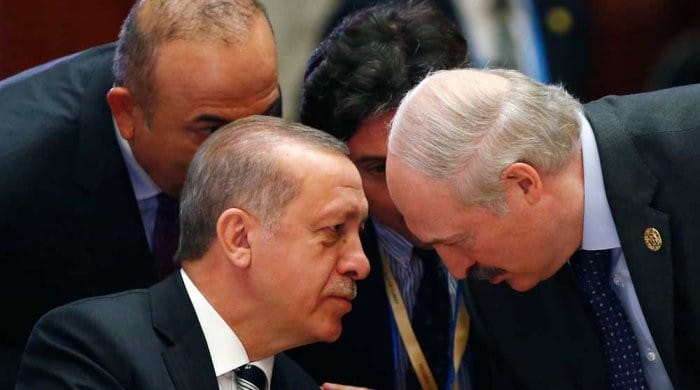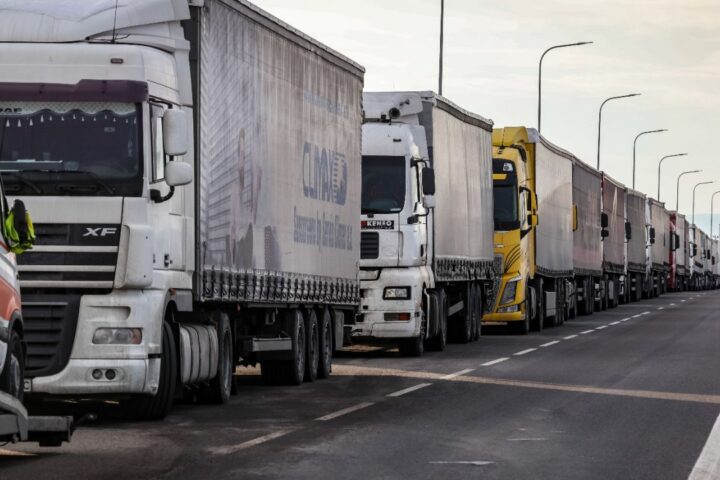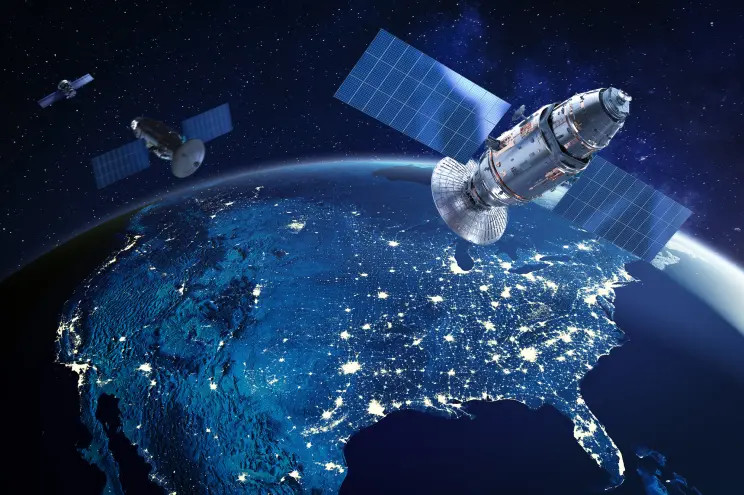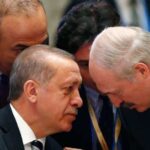Iran and the United States will hold high-level talks in Oman aimed at jump-starting negotiations over Tehran’s fast-advancing nuclear programme, with US President Donald Trump threatening military action if there is no deal.
Iranian media said Iranian and US delegations had arrived in the Omani capital Muscat.
Foreign Minister Abbas Araqchi is leading Iran’s delegation while the talks on the US side will be handled by Mr Trump’s Middle East envoy Steve Witkoff.
Iran approached the talks warily, sceptical that they could lead to a deal and suspicious of Mr Trump, who has repeatedly threatened to bomb Iran if it does not halt its escalating uranium enrichment programme.
While each side has talked up the chances of some progress, they remain far apart on a dispute that has rumbled on for more than two decades and have not agreed on whether the talks will be face-to-face, as Mr Trump demands, or indirect, as Iran wants.
Iranian state television posted a video on its website of Mr Araqchi meeting Omani Foreign Minister Badr al-Busaidi in Muscat.
“As part of Iran-US indirect talks, Araqchi provided his Omani counterpart with Tehran’s key points and positions to be conveyed to the US side,” Iranian state media reported.
Signs of movement could help cool tensions in a region aflame since 2023 with wars in Gaza and Lebanon, missile fire between Iran and Israel, Houthi attacks on Red Sea shipping and the overthrow of the government in Syria.
However, failure would aggravate fears of a wider conflagration across a region that exports much of the world’s oil.

Tehran has cautioned neighbouring countries that have US bases that they would face “severe consequences” if they were involved in any US military attack on Iran.
“There is a chance for initial understanding on further negotiations if the other party (US) enters the talks with an equal stance,” Mr Araqchi told Iranian TV.
Supreme Leader Ayatollah Ali Khamenei, who in the Islamic Republic’s complex power structure has the final say on key state matters, has given Mr Araqchi “full authority” for the talks, an Iranian official said.
“The duration of the talks, which will only be about the nuclear issue, will depend on the US side’s seriousness and goodwill,” said the official, who asked not to be named.
Iran has ruled out negotiating its defence capabilities such as its ballistic missile programme.
Decades-long dispute
Iran has long denied seeking nuclear weapons, but Western countries and Israel believe it is covertly trying to develop the means to build an atomic bomb.
They say Iran’s enrichment of uranium, a nuclear fuel source, has gone far beyond the requirements of a civilian energy programme and has produced stocks at a level of fissile purity close to those required in warheads.
Mr Trump, who has restored a “maximum pressure” campaign on Tehran since February, ditched a 2015 nuclear pact between Iran and six world powers in 2018 during his first term and reimposed crippling sanctions on the Islamic Republic.
Since then, Iran’s nuclear programme has leaped forward, including by enriching uranium to 60% fissile purity, a technical step from the levels needed for a bomb.
US Secretary of State Marco Rubio said on Thursday that he hoped the talks would lead to peace, adding: “We’ve been very clear what Iran is never going to have a nuclear weapon, and I think that’s what led to this meeting.”
Tehran responded the following day, saying it was giving the United States a “genuine chance” despite what it called Washington’s “prevailing confrontational hoopla”.
Washington’s closest Middle East ally Israel, which regards Iran’s nuclear programme as an existential threat, has long threatened to attack Iran if diplomacy fails to curb its nuclear ambitions.
Tehran’s influence throughout the Middle East has been severely curbed over the past 18 months, with its regional allies – known as the “Axis of Resistance” – either dismantled or badly damaged since the start of the Hamas-Israel war in Gaza and the fall of Bashar al-Assad in Syria in December.












